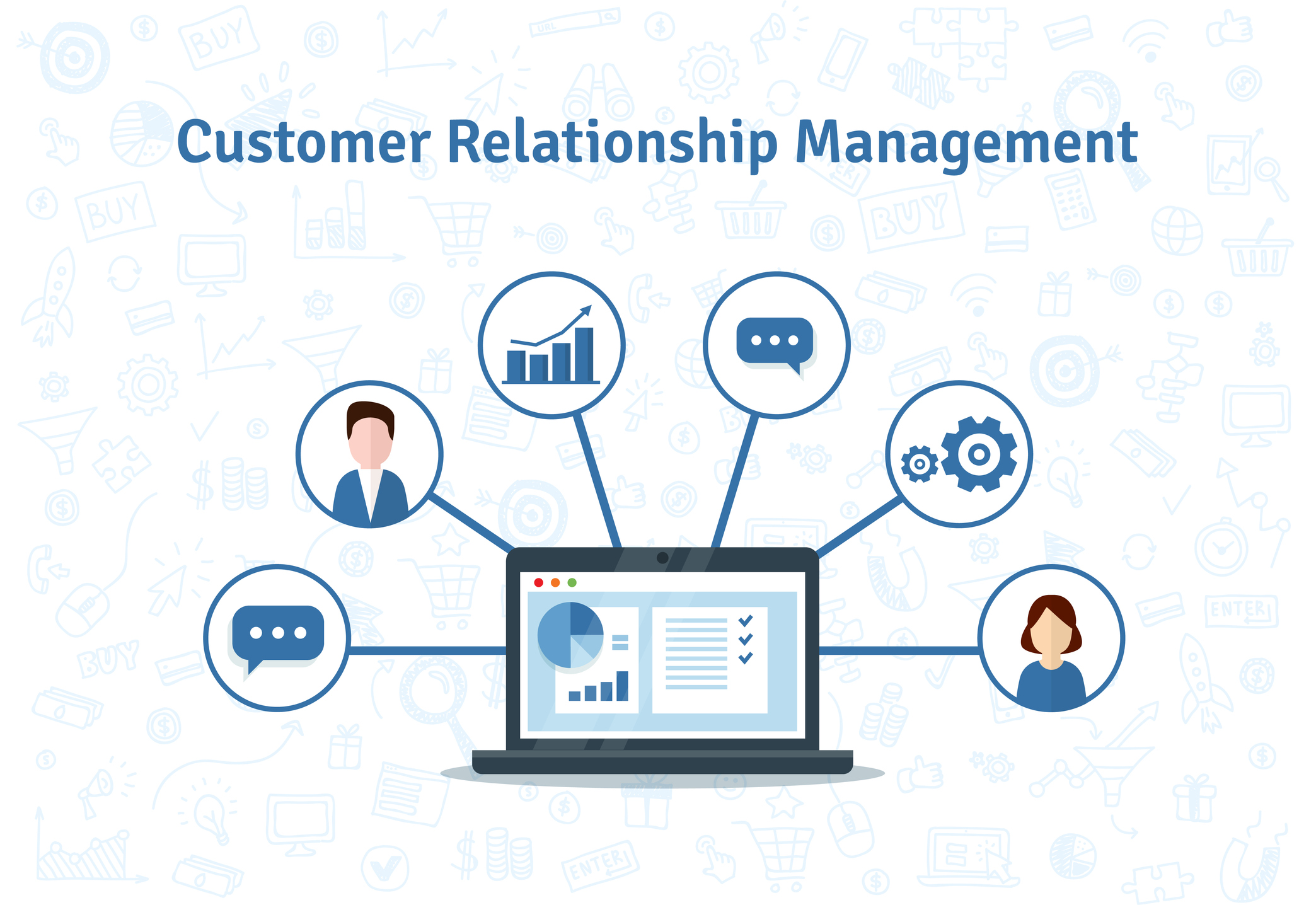The Impact Of AI And Machine Learning On CRM Systems: A Revolution In Customer Relationship Management
The Impact of AI and Machine Learning on CRM Systems: A Revolution in Customer Relationship Management

In today's fast-paced business landscape, customer relationship management (CRM) systems have become a crucial tool for companies to manage their interactions with customers. However, with the advent of artificial intelligence (AI) and machine learning (ML), CRM systems have undergone a significant transformation. The Impact of AI and Machine Learning on CRM Systems is evident in the way businesses operate, making customer interactions more efficient, personalized, and data-driven. In this article, we will delve into the world of AI-powered CRM systems, exploring their benefits, challenges, and future prospects.
Understanding AI and Machine Learning in CRM Systems
Before we dive into the impact of AI and ML on CRM systems, it's essential to understand what these technologies entail. AI refers to the development of computer systems that can perform tasks that typically require human intelligence, such as learning, problem-solving, and decision-making. ML is a subset of AI that involves training algorithms to learn from data and make predictions or decisions based on that data.
In the context of CRM systems, AI and ML can be applied in various ways, such as:
- Data Analysis: AI-powered CRM systems can analyze vast amounts of customer data, including interactions, preferences, and behaviors, to provide valuable insights that can inform business decisions.
- Automated Workflows: ML algorithms can automate routine tasks, such as data entry, lead qualification, and follow-up emails, freeing up sales teams to focus on high-value activities.
- Personalization: AI-powered CRM systems can analyze customer data to create personalized marketing campaigns, product recommendations, and customer experiences.
- Chatbots and Virtual Assistants: AI-powered chatbots and virtual assistants can provide 24/7 customer support, helping customers with queries and issues.

The Impact of AI and Machine Learning on CRM Systems: Benefits and Challenges
Benefits of AI and ML in CRM Systems
The integration of AI and ML in CRM systems has numerous benefits, including:
-
- Improved Customer Experience: AI-powered CRM systems can provide personalized experiences, tailored to individual customers' needs and preferences.

- Increased Efficiency: Automated workflows and data analysis can significantly reduce manual tasks, freeing up sales teams to focus on high-value activities.
- Enhanced Sales Performance: AI-powered CRM systems can analyze customer data to identify sales opportunities, predict customer behavior, and provide actionable insights.
- Better Decision-Making: AI-powered CRM systems can provide real-time insights and analytics, enabling businesses to make data-driven decisions.
Challenges of AI and ML in CRM Systems

While AI and ML have the potential to revolutionize CRM systems, there are also challenges associated with their implementation, including:
- Data Quality and Integration: AI-powered CRM systems require high-quality, integrated data to function effectively.
- Complexity and Cost: Implementing AI and ML in CRM systems can be complex and costly, requiring significant investment in infrastructure and personnel.
- Skills and Training: Businesses need to invest in skills and training to ensure that their teams can effectively use AI-powered CRM systems.
- Security and Governance: AI-powered CRM systems require robust security and governance measures to protect sensitive customer data.
The Impact of AI and Machine Learning on CRM Systems: Use Cases
Here are some real-world examples of the impact of AI and ML on CRM systems:
- Salesforce: Salesforce's Einstein AI is a built-in AI platform that provides predictive analytics, personalized recommendations, and automated workflows.
- Microsoft Dynamics: Microsoft Dynamics 365 uses AI and ML to provide personalized customer experiences, automate workflows, and analyze customer data.
- Zoho CRM: Zoho CRM uses AI and ML to provide predictive analytics, automated workflows, and personalized marketing campaigns.
The Future of AI and Machine Learning in CRM Systems
As AI and ML continue to evolve, we can expect to see even more innovative applications in CRM systems. Some potential trends include:
- Voice-Activated CRM Systems: With the rise of voice assistants like Siri, Alexa, and Google Assistant, we can expect to see voice-activated CRM systems that enable businesses to interact with customers more naturally.
- Predictive Analytics: AI-powered CRM systems will become more sophisticated, providing predictive analytics that enable businesses to anticipate customer needs and preferences.
- Autonomous Customer Service: AI-powered chatbots and virtual assistants will become more prevalent, providing 24/7 customer support and automating routine tasks.
The Impact of AI and Machine Learning on CRM Systems: Conclusion
In conclusion, The Impact of AI and Machine Learning on CRM Systems is significant, transforming the way businesses operate and interact with customers. While there are challenges associated with their implementation, the benefits of AI and ML in CRM systems are clear, including improved customer experience, increased efficiency, enhanced sales performance, and better decision-making. As AI and ML continue to evolve, we can expect to see even more innovative applications in CRM systems, revolutionizing the way businesses operate and interact with customers. By embracing AI and ML, businesses can stay ahead of the competition and deliver exceptional customer experiences.
Comments
Post a Comment